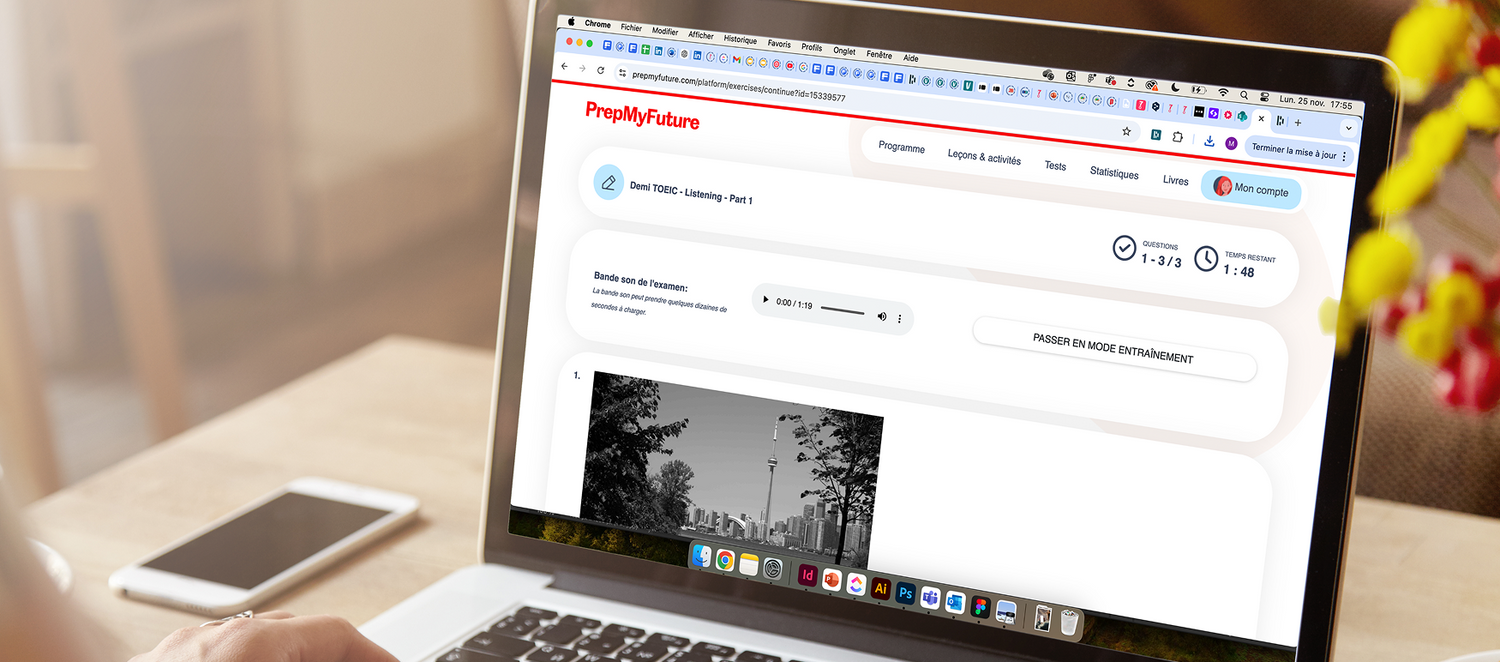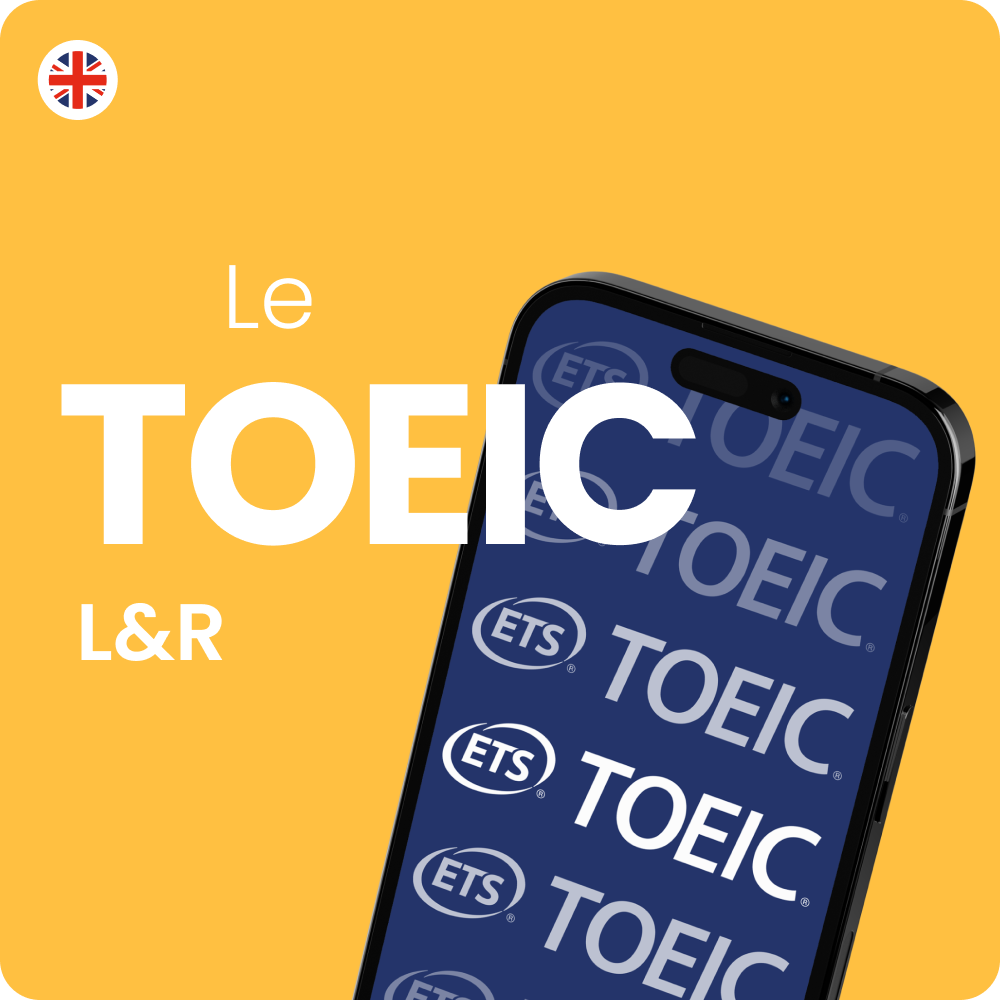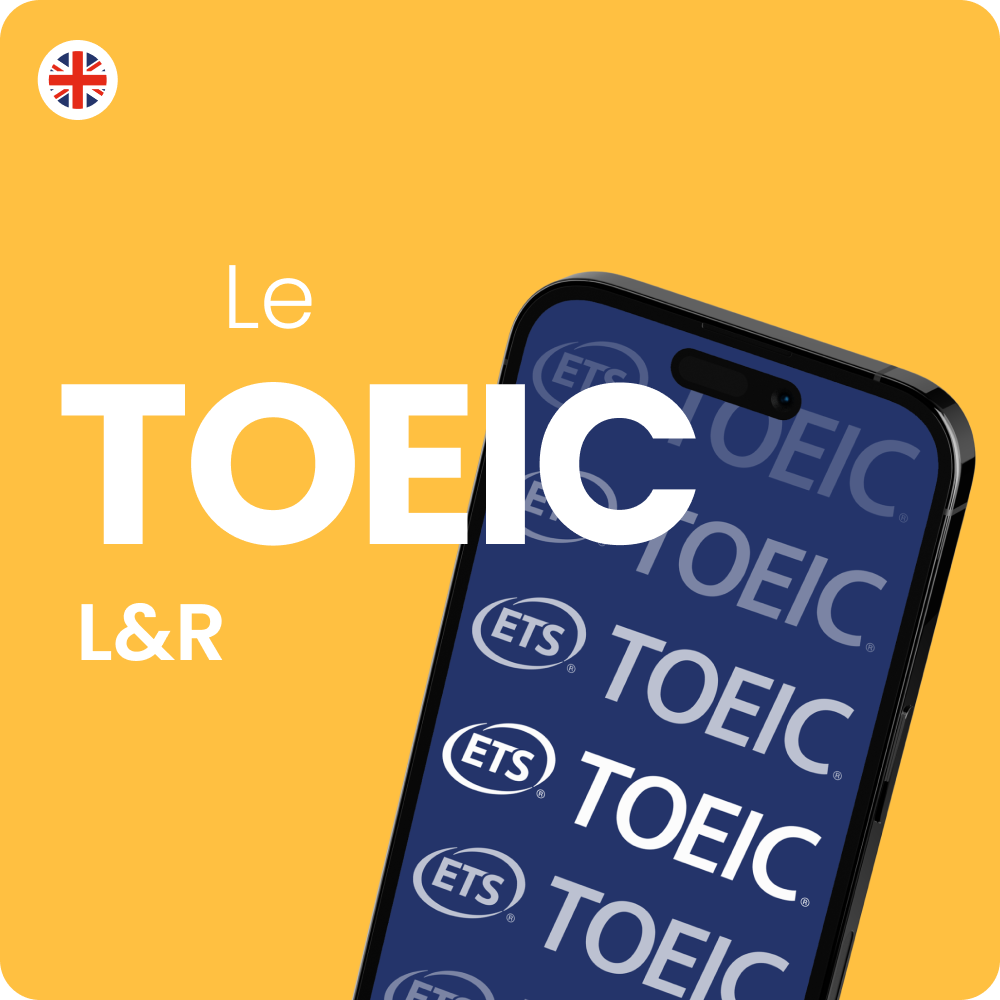CEFR levels - European reference framework for modern languages
Have you heard of the acronyms A1, A2, B1, etc.? For example, to pass the Brevet des collèges (secondary school diploma), an A2 level in English is required. To validate an engineering diploma in France, you need a B2 level. But do you know what these levels correspond to?
These acronyms fall within the framework of the CEFR: the Common European Framework of Reference for Languages .
THE CEFR is a tool that brings together all language levels and the range of skills corresponding to each level. Ranging from A1 to C1, each level is defined by skills that must be mastered to move to the next level. This tool was published by the European Council so that all levels in all languages are standardized. This thus facilitates academic exchanges: a German with an A2 level in English has the same skills as a French person also with an A2 level. Similarly, an A2 level in English and Spanish has the same skills in each of the respective languages.
To learn more about English certifications and practice:
The 6 levels of the CEFR, from A1 to C2
| Beginner |
A1 |
- Can understand and use familiar and everyday expressions as well as very simple statements that aim to satisfy concrete needs.
- Can introduce oneself or someone else and ask a person questions about them - for example, where they live, their relationships, what they own, etc. - and can answer the same type of questions.
- Can communicate simply if the other person speaks slowly and clearly and is cooperative.
|
| Beginner |
A2 |
- Can understand sentences and frequently used phrases related to areas of immediate importance (e.g., simple personal and family information, shopping, local life, work).
- Can communicate in simple and routine tasks requiring a simple and direct exchange of information on familiar and routine topics.
- Can describe in simple terms his/her training, his/her immediate environment and discuss subjects that correspond to immediate needs.
|
| Independent |
B1 |
- Can understand the main points of clear, standard language used in familiar situations in work, school, leisure, etc.
- Can cope with most situations encountered while traveling in an area where the target language is spoken.
- Can produce simple, connected speech on familiar topics and areas of interest.
- Can recount an event, experience, or dream, describe a hope or goal, and briefly state reasons or explanations for a plan or idea.
|
| Independent |
B2 |
- Can understand the essential content of concrete or abstract topics in complex text, including technical discussion in his/her specialty.
- Can communicate with a degree of spontaneity and fluency such that a conversation with a native speaker involves no strain for either party.
- Can express him/herself clearly and in detail on a wide range of subjects, express an opinion on a current issue and outline the advantages and disadvantages of different possibilities.
|
| Confirmed |
C1 |
- Can understand a wide range of long and demanding texts, as well as grasp implied meanings.
- Can express him/herself spontaneously and fluently without much apparent searching for words.
- Can use language effectively and flexibly in social, professional or academic life.
- Can express himself/herself on complex subjects in a clear and well-structured manner and demonstrate control of the tools of organization, articulation and cohesion of discourse.
|
| Confirmed |
C2 |
- Can effortlessly understand virtually everything he/she reads or hears. Can summarize facts and arguments from a variety of written and oral sources in a coherent manner.
- Can express him/herself spontaneously, very fluently and precisely and can distinguish fine nuances of meaning in relation to complex subjects.
|
Certifications
To validate these levels, you have the choice between several certifications. In English, there is the TOEIC ( What is the TOEIC?) , the TOEFL ( What is the TOEFL?) , the IELTS ( What is the IELTS? ), the CPE and the CAE.
Which test should I choose?
There are several criteria for choosing the right certification. It is necessary to look at:
- What level does it assess?
- What recognition he has among professionals and academic institutions?
- The price of certification if you are on a budget
For all certifications you can find the corresponding correlation grid.
It is therefore essential to display your level on your CV in order to be able to justify it, at least throughout Europe.
To learn more about English certifications and practice:



